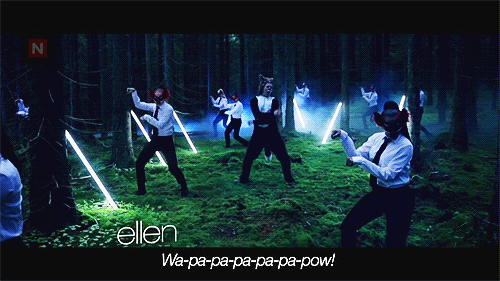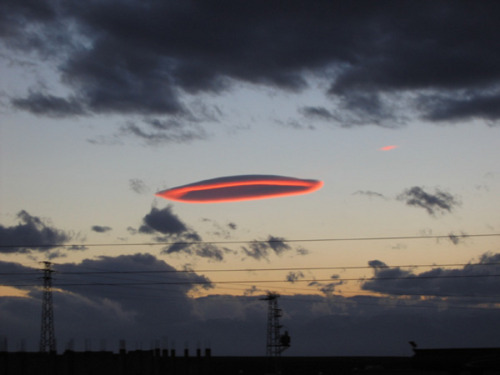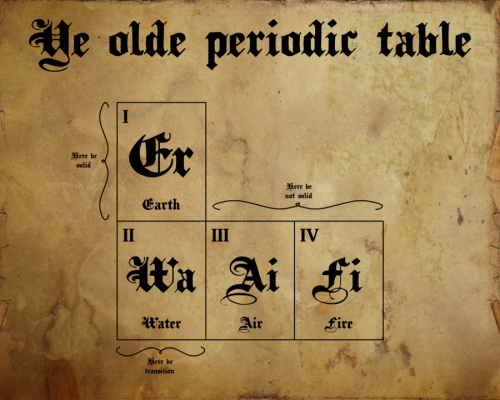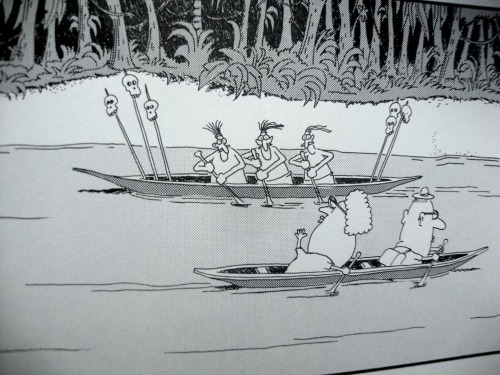Looking straight down from Sinnott Memorial Overlook, it's terrorizing to consider what we're looking at: the collapse of an entire mountain or multi-peak platform into an evacuated magma chamber. We're looking at the remains of an enormous eruption and subsequent failure of nearly 30 square miles of the High Cascades platform. It's roughly 1000 feet from the caldera rim down to the water, and the deepest parts of the lake are about 2000 feet below the waterline. In other words, we're seeing roughly a third of the total distance of the collapse. The ranger here said that underwater features of sufficient size are clearly visible to 200 feet. I can't vouch for that, but assuming he's correct, the fuzzy boundary where the talus fades out into Crater Lake's weird blue is at about 200 feet down.
Followup: @eruptionsblog adds: "Don't forget, the mountain extended above the current rim and the lake bottom has significant sediment and landslide fill." Good point. The "total distance" of collapse was certainly greater than what is preserved from today's rim to today's greatest depth.
Photo unmodified. August 18, 2011. FlashEarth location.
Is This Your Hat?
11 years ago

































































